<< Previous | Displaying results 271-280 of 1017 for "" | Next >>
Germany started World War II in Europe on September 1, 1939, by invading Poland. War would continue until 1945. Learn more about key events in the history of WWII.
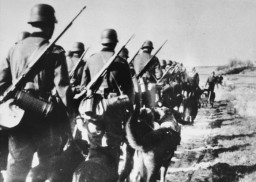
Antisemitism: hostility toward or hatred of Jews as a religious or ethnic group, often accompanied by social, economic, or political discrimination. Appellplatz: German word for roll call square where prisoners were forced to assemble. Aryan: Term used in Nazi Germany to refer to non-Jewish and non-Roma (Gypsy) Caucasians. Northern Europeans with especially "Nordic" features such as blonde hair and blue eyes were considered by so-called race scientists to be the most superior of Aryans, members of a…
The Weimar Republic was a liberal democratic republic founded in Germany in the aftermath of WWI. Learn about the era’s political and economic crises and social trends.
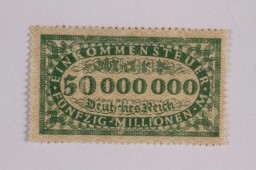
Adolf Hitler, leader of the Nazi Party, aimed to eliminate Europe's Jews and other perceived enemies of Nazi Germany. Learn more.
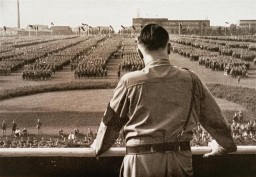
Before the Nazi rise to power, Jews represented less than 1% of Germany's population. Learn more about Jewish communities in Germany before the Holocaust.
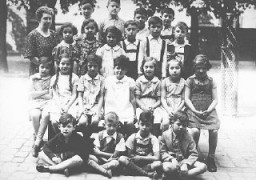
Nazi propaganda had a key role in the persecution of Jews. Learn more about how Hitler and the Nazi Party used propaganda to facilitate war and genocide.
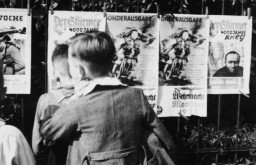
The Nazis frequently used propaganda to disguise their political aims and deceive the German and international public. Learn more.
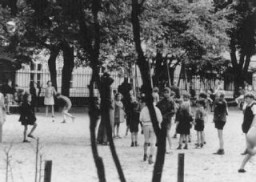
Shortly after taking power in January 1933, Adolf Hitler and the Nazis took control of German newspapers, detailing how the news was to be reported.
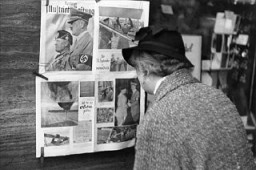
The April 1, 1933, boycott of Jewish-owned businesses marked the beginning of a nationwide campaign by the Nazi Party against the entire German Jewish population.
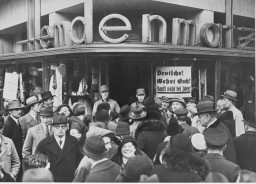
Nazi ideology aimed to promote the myth of an ideal national community and label those who were to be excluded from it as enemies. Propaganda was essential in promoting such myths.
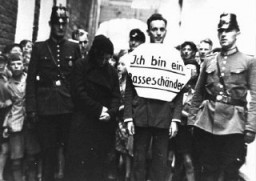
We would like to thank Crown Family Philanthropies, Abe and Ida Cooper Foundation, the Claims Conference, EVZ, and BMF for supporting the ongoing work to create content and resources for the Holocaust Encyclopedia. View the list of donor acknowledgement.